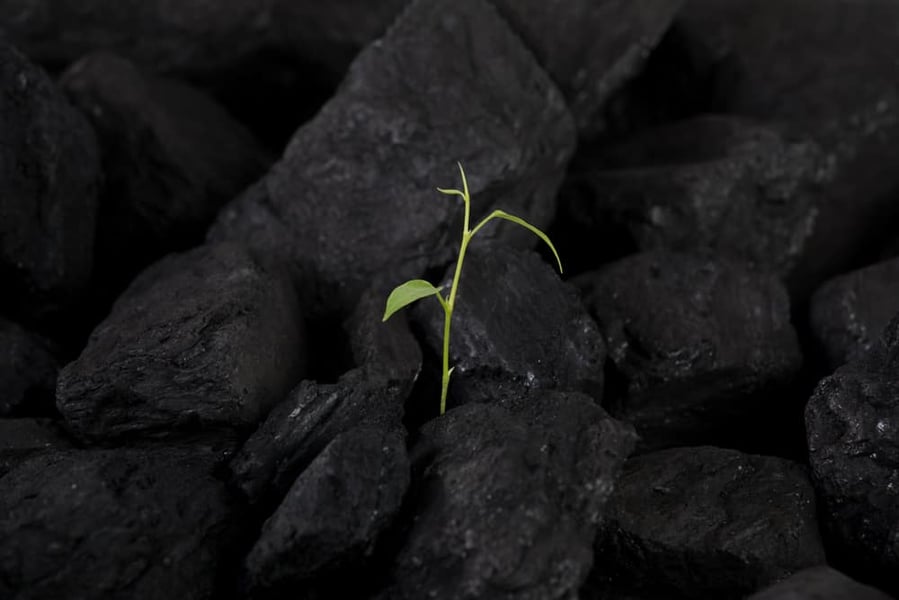As of December 31, 2021, NatWest had analysed 52% of its gross lending and investment balances at full year 2019 for financed emissions.

NatWest Group has published its Task Force on Climate-Related Financial Disclosure (TCFD), providing updates on a range of its operational targets and measures relating to financed emissions.
As of December 31, 2021, NatWest had analysed 52% of its gross lending and investment balances at full year 2019 for financed emissions.
In 2021, its lending to oil and gas companies fell by 21% from £4.1bn to £3.25bn, now making up 0.7% of the bank’s overall lending.
It has further tightened lending policies to this sector in recognition of the significant impacts oil and gas have on the climate.
From January 01, 2022, the bank will continue to support upstream oil and gas companies where the majority of their assets being financed are based in the UK. Additionally, those companies must report to NatWest the overall emissions of the assets they operate.
NatWest reported £17.5bn completed climate and sustainable funding and financing deals in 2021, up from £12bn in 2020.
The bank lent £728m in green mortgages to retail customers and launched a carbon-tracking feature in its mobile banking app in collaboration with real-time carbon footprint tracker CoGo, making NatWest the first bank in Europe to provide customers with the estimated carbon footprint associated with their monthly spend.
In the same year, the bank reduced its operational carbon footprint by 46% against a 2019 baseline and increased its renewable electricity consumption to 97%.
To meet its ambition to be the leading UK bank addressing climate change, NatWest Group has made it its goal to halve the climate impact of its financing by 2030 and be net zero by 2050, primarily by supporting its customers to transition to the low carbon economy.
“Finance is a key enabler in the drive to net zero and we are acting to ensure that we are helping to end the most harmful activity while championing climate solutions and accelerating the speed of transition to the zero-carbon economy,” said Alison Rose, chief executive of NatWest.
“Our aim in 2022 is to put our customers at the heart of our climate approach, supporting them with practical tools, support and financing to support with the transition.
“As one of the UK’s biggest banks and the largest lender to business, we have both the ability and the responsibility to support our customers take reduce their carbon emissions,” Rose added. “Our research has found that SMEs could create up to 130,000 new jobs, produce around 30,000 new businesses and result in an estimated £160bn opportunity for the UK economy. We want to help our customers to realise this potential.”



